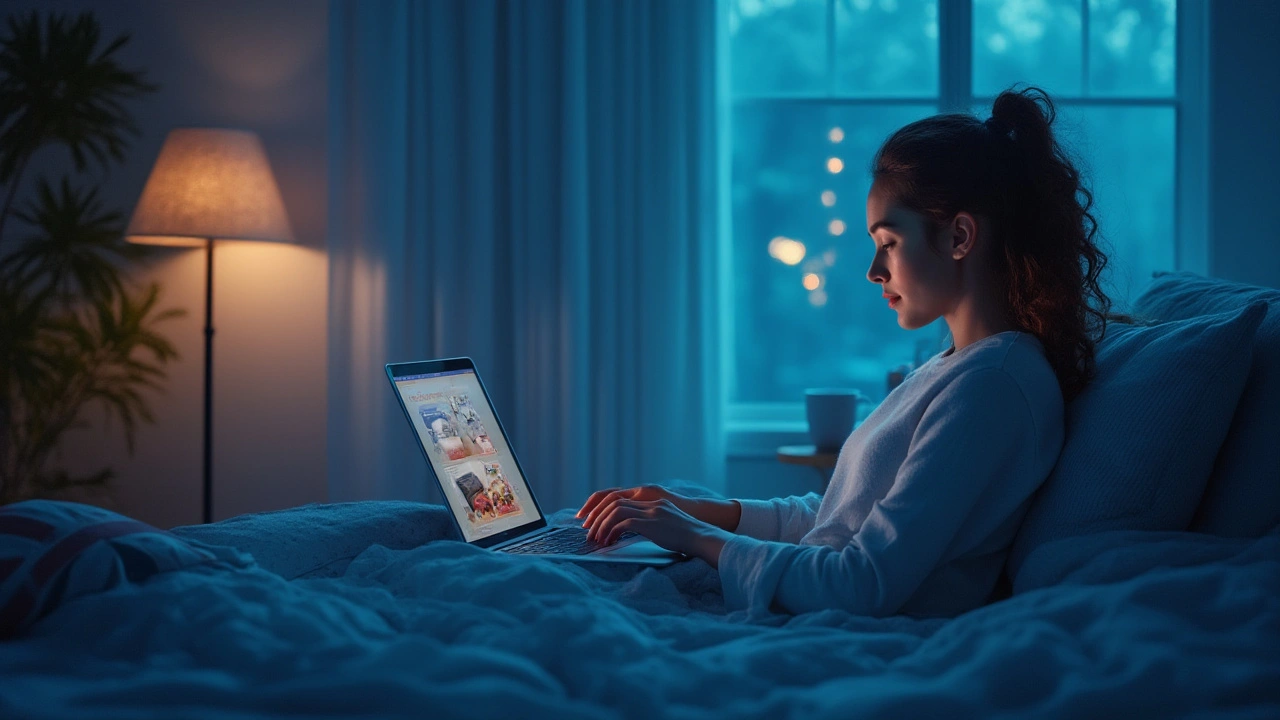Sleep Clinic: What to Expect and How to Prepare
You spend about a third of your life asleep — so if you snore, wake gasping, or feel tired all day, a sleep clinic can stop the guesswork. A sleep clinic looks for sleep apnea, insomnia, restless legs, narcolepsy and other problems that simple checkups often miss. Knowing what to expect makes the whole process less stressful and faster to get the right care.
What happens during a sleep study?
Most clinics use two main tests: an in-lab polysomnography (PSG) or a home sleep apnea test (HSAT). In-lab PSG records your brain waves, breathing, heart rate, oxygen levels, and leg movements while you sleep. You’ll stay overnight in a private room and wear small sensors on your head, chest, and legs. It sounds worse than it is: sensors are soft, and staff help you get comfortable. Expect to go to bed at your usual time and to follow the tech’s instructions about when lights out and lights on happen.
Home tests are simpler and focus on breathing and oxygen. They’re good when sleep apnea is likely and you can’t do an overnight stay. Your clinic will give clear instructions and phone support. Bring a list of meds, a recent sleep diary if you have one, and anything that helps you sleep (pillows, favorite shampoo). Avoid heavy caffeine and alcohol before the test unless your doctor says otherwise.
Treatments you’ll likely meet
If the test finds obstructive sleep apnea, CPAP (continuous positive airway pressure) is the most common fix. A CPAP machine keeps your airway open with gentle air pressure. Many people worry about masks; modern masks are smaller and quieter than you expect. For mild cases, oral devices made by dentists can help. For insomnia, CBT‑I (cognitive behavioral therapy for insomnia) beats sleeping pills in lasting benefit — it teaches habits and thought patterns to restore normal sleep.
Other options include positional therapy (avoiding back sleeping), weight loss support, medications for specific disorders, or referral to ENT surgery when anatomy blocks the airway. Your sleep specialist will match treatment to the diagnosis and your lifestyle, not force a single approach.
Choosing a clinic matters. Look for board‑certified sleep physicians and lab accreditation (AASM or local equivalent). Ask about wait times, insurance coverage, cost estimates, and whether the clinic offers telemedicine follow-up. Good clinics explain results clearly, provide hands‑on mask fitting for CPAP, and offer a plan for follow-up care.
Questions to ask at your appointment: What test do you recommend and why? How long until I get results? Who will help me fit a CPAP mask? What are alternatives if I can’t tolerate CPAP? These answers make the path forward much clearer.
If sleep is wrecking your days, a sleep clinic is one of the fastest ways to fix it. The tests aren’t painful, treatments work for most people, and small changes often bring big improvements. Book an evaluation if you’re waking tired, snoring loudly, or if a partner notices pauses in your breathing during sleep.
Online Pharmacy Sleep Apnea Treatment in Hamilton: Guide to Better Sleep
Get all you need to know about online pharmacy options for sleep apnea in Hamilton. Discover facts, solutions, and tips for better sleep and health.
View More
